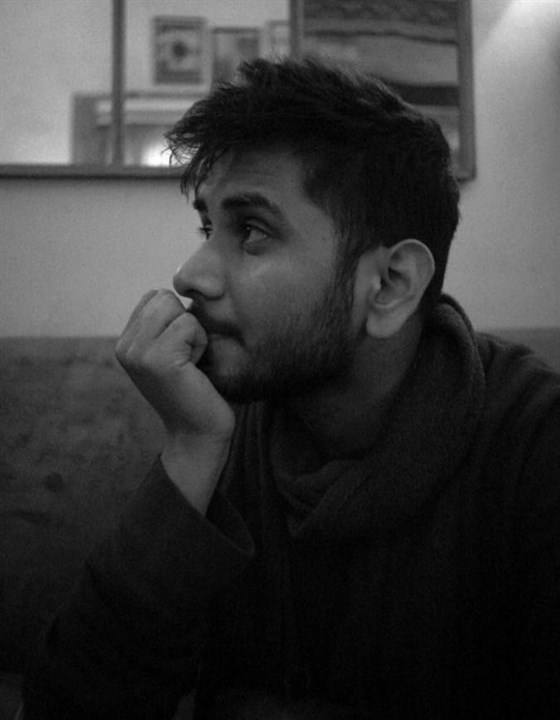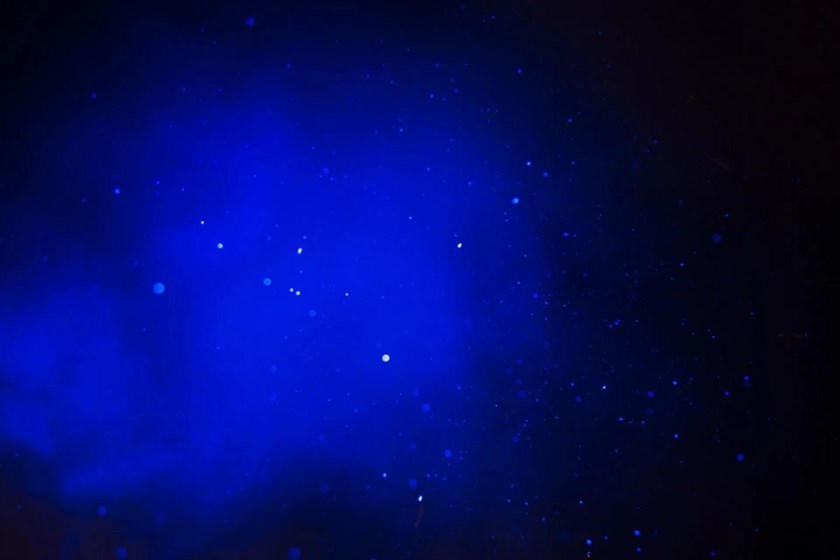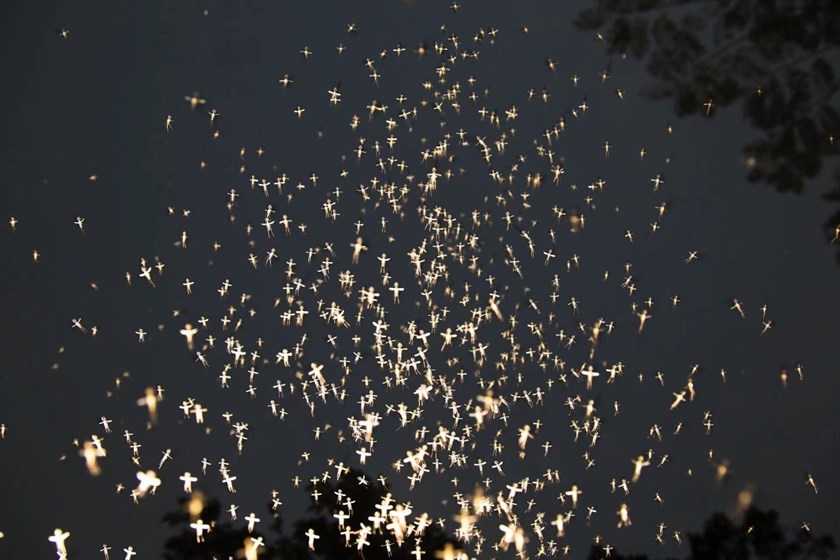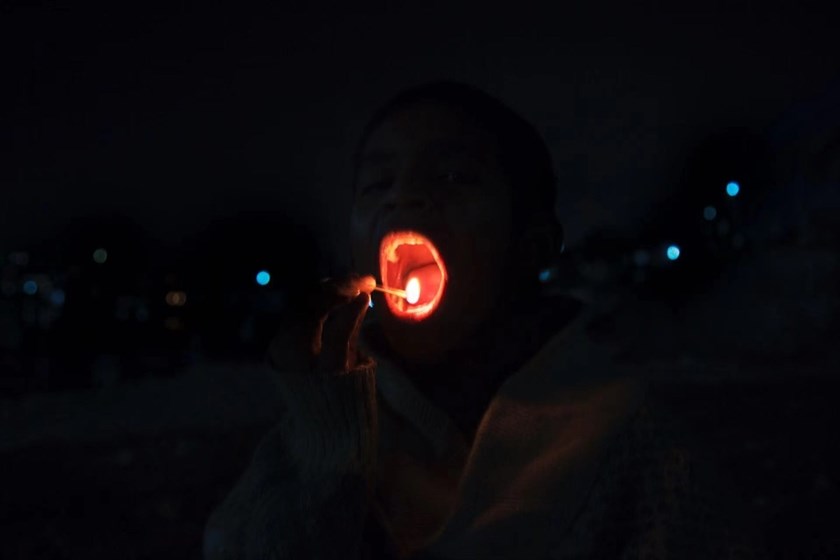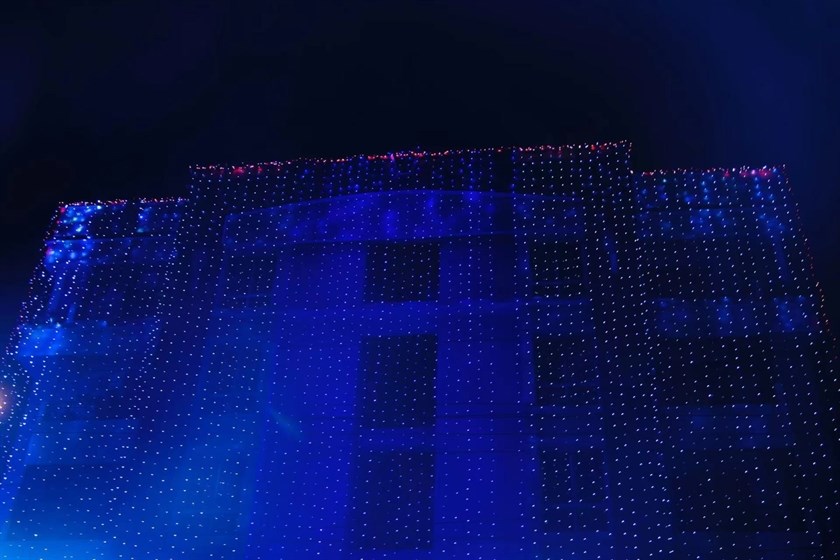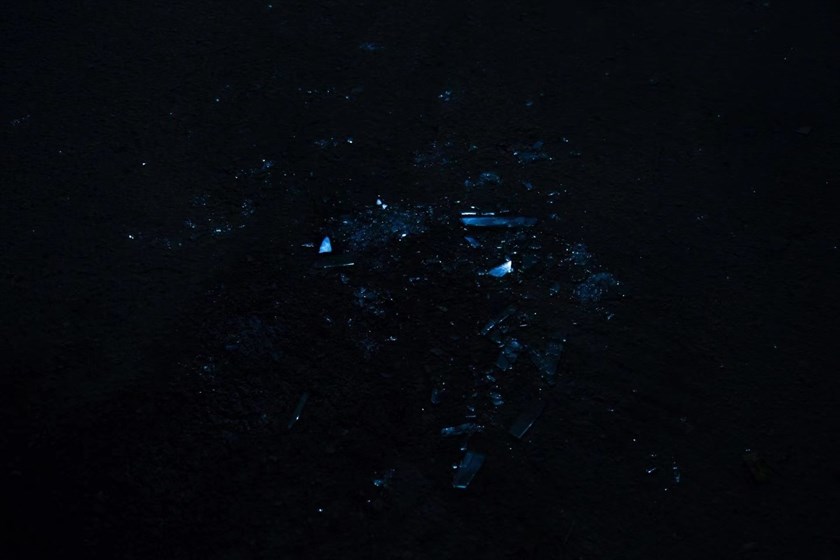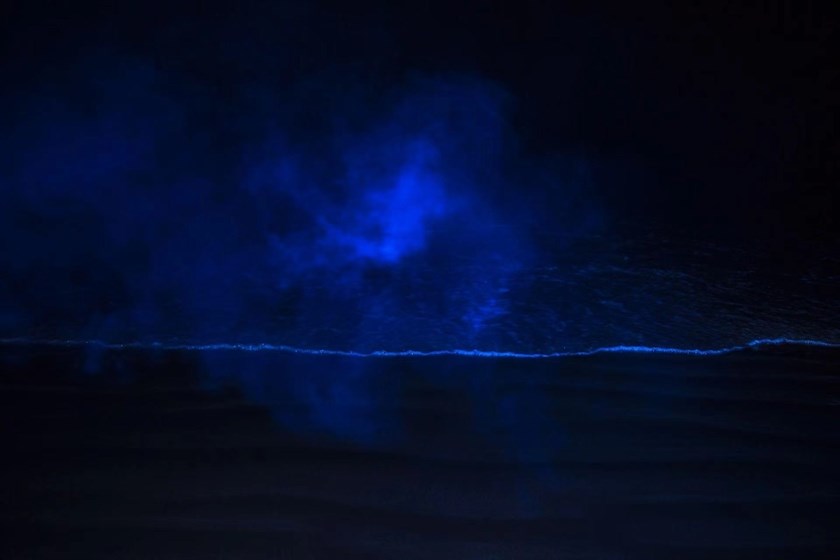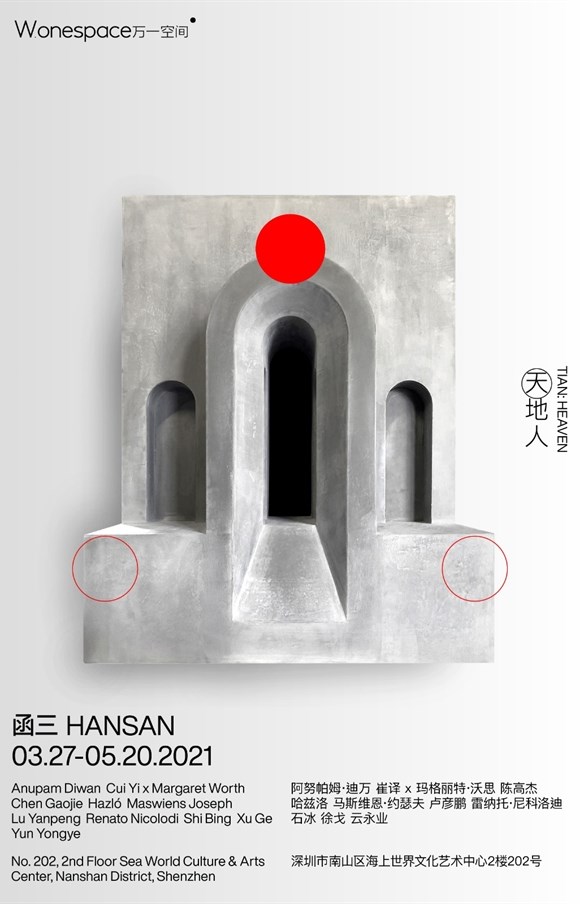Anupam Diwan
Anupam Diwan, born in 1993 in Chhattisgarh, a state in central India, he is fond for exploring the relationship between nature and the earth. At the same time, he rethinks the parallel conception of family, memory and personal experience. Educated in Pathshala South Asian Media Institute in Dhaka (Bangladesh), he has hold exhibitions in Singapore, India, China, Cambodia. In 2020, he was nominated for World Press Photo Foundation’s prestigious Joop Swart Mastercalss.
The environment in homeland has influenced Anupam, where he has always been seeking for familiar stuff in chaos and has Involved in dissolving the geographic boundaries that divides life culture. His work presents the timidity and vanity of the poet, revealing his thought and discovery for light and shadow, present and past, reality and fiction, and tenderness and compassion for capricious signs of life. Here, fragmented memory are dark yet colorful, making us think about the past and truly feel the present.
Anupam Diwan, born in 1993 in Chhattisgarh, a state in central India, he is fond for exploring the relationship between nature and the earth. At the same time, he rethinks the parallel conception of family, memory and personal experience. Educated in Pathshala South Asian Media Institute in Dhaka (Bangladesh), he has hold exhibitions in Singapore, India, China, Cambodia. In 2020, he was nominated for World Press Photo Foundation’s prestigious Joop Swart Mastercalss.
The environment in homeland has influenced Anupam, where he has always been seeking for familiar stuff in chaos and has Involved in dissolving the geographic boundaries that divides life culture. His work presents the timidity and vanity of the poet, revealing his thought and discovery for light and shadow, present and past, reality and fiction, and tenderness and compassion for capricious signs of life. Here, fragmented memory are dark yet colorful, making us think about the past and truly feel the present.
| Lucia de Stefani Art critic, TIMELightBoxcopy writer |
In Anupam Diwan’s work, Fireflies, blurry childhood memories prompt the Indian photographer to explore the fragments of his past in an unknown land. The recollection of a distant dance of faraway fireflies, as he was now laying on his mattress in Dhaka, caught Anupam Diwan’s inner eye. In the hazy flashbacks, he recalled fireflies meandering through dark crisp air around a tree in front of his childhood home in Chhattisgarh, India, where Diwan grew up before exploring a career in engineering first, and then photography. A glimmer of blurry light right before him, subtle but unmistakable, spurred him to start exploring his childhood memories and his sense of belonging, considering his past in India, the places where he had dwelled - Chhattisgarh, Mumbai, Dhaka - that have helped him define his sense of home, or the lack thereof. Ultimately, it was the contrast between light and shadow, present and past, reality and fiction that drew the frame around Diwan’s Fireflies. The serendipity of finding a poem by Robert Frost called “Fireflies in the Garden” on that same dreamy night in Dhaka only amplified that blurry childhood memory, suggesting he pursue a similar direction - again that timid glimmer the poet compared to the grandiose stars, with the power to arouse (and for the fireflies to hold, for a moment) memories and sensations from a time long gone. Diwan was born and raised in Chattisgarh, a densely wooded state in central India, where the geology of his homeland shaped his con nection to nature and the land, natural elements he now seeks through his work. But the familiar Chattisgarh landscape was soon transfigured by development and construction - setting the stage for Diwan’s visual investigation of the theme of displacement, the uneasiness of the dislocation he experienced after setting out on his studies, like a rite of passage into the life of adults. “If you think about memories, things remind you - [like] elements or people - there are things which are beyond the culture, beyond the language. That is how I tried to explore it,” Diwan says of his work. His past, soon to become a map for the uncharted present, invites Diwan to the intersection of reality and fiction. For two days, he experimented with staged photographs, but soon abandoned the artefacts for the more spontaneous night- time excursions into his surroundings, seeking in the chaos of Dhaka slivers of familiarity. “I started to go out and look for things that glow and shine,” Diwan says. “There were some images which would remind me of something that has happened during my childhood: there is a picture of a kid with a dog; there is a landscape which looks like a mountain but it’s not.”...... At first, not knowing where to go, he scoured the city for clues; however, not every part of the city was forthcoming. “There were some parts where I could actually sense the feeling of going closer to a memory,” he says. In all this process, “not just a glimpse of the fireflies, but a lot of the memory [returned],” each photograph a bridge between present and past. Shapes and lines are pulled from the dark by the light of his flash. “The night changes all things,” Diwan says. “Things that [you] would miss in the day, at night they come out differently. They have different characteristics, and that is what the poem also meant in a way, how all the characters become alive.” In his images, fictionalised memories blend with the reality of the present. A kid holds a dog tight in a loving embrace, both looking towards the sky, a scene that speaks to Diwan’s memory of his first years. In another photo, the slender arm of a boy stretches out toward a horse, a tear rolling down the animal’s snout - feelings of tenderness, growth and intimacy recall the innocence of youth. So does the double-take of a bird: a plastic one standing alone in a curated garden; a real, feathered one trapped in a man’s hands. Meditations on freedom and adulthood give rise to a sense of nostalgia for the carefree days before responsibilities and constraints began to set in. But Diwan keeps his eyes wide open, on his current life and his still vivid past. “These are the things which move [me] in a way to think about the past. To think about belonging and where I came from and the life that I have lived... That is something that still inspires me.” |

